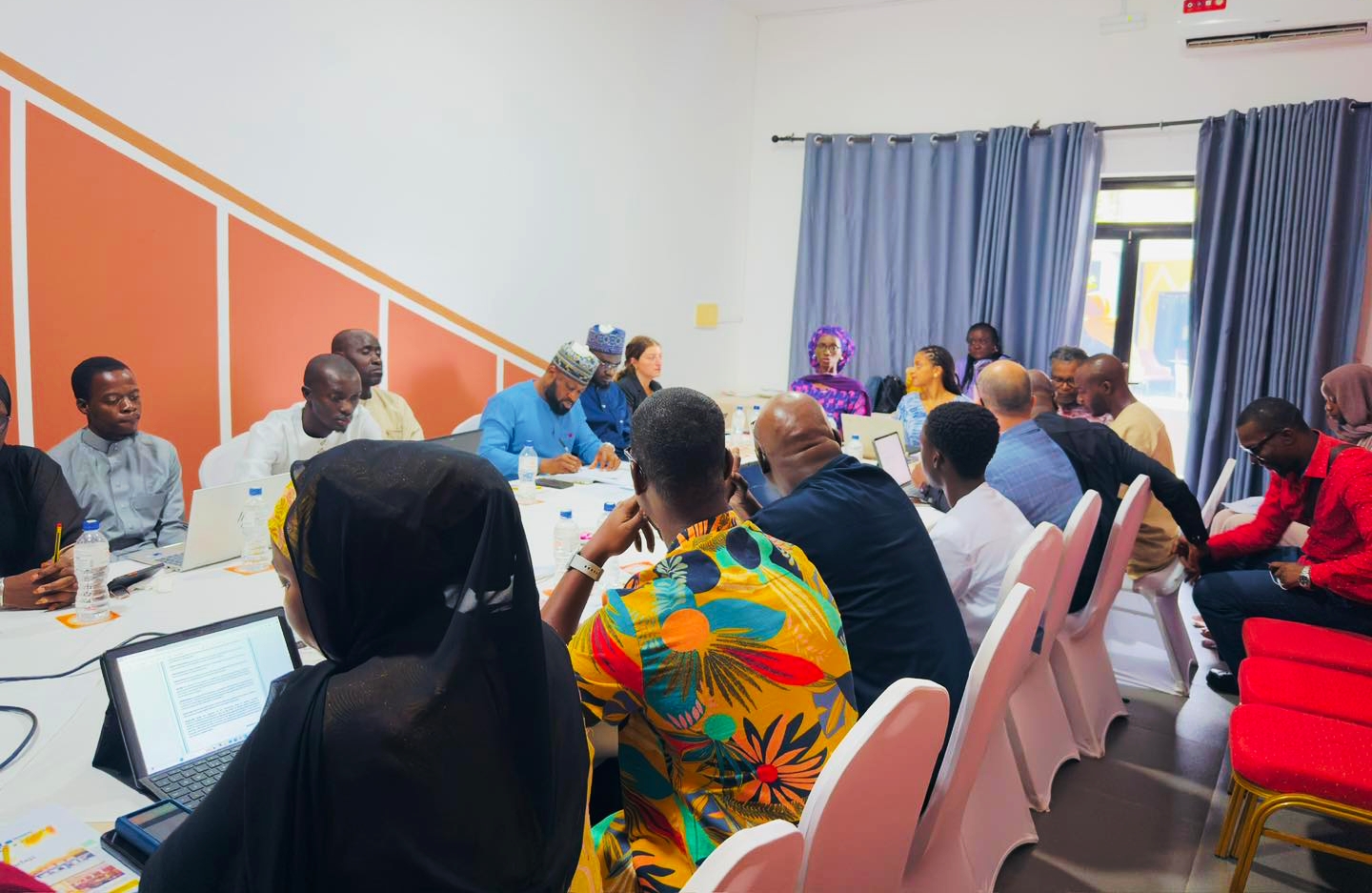Gambiaj.com – (Banjul, The Gambia) – In a significant move toward post-authoritarian accountability, the Ministry of Justice, in collaboration with the Gambia Bar Association, recently hosted a high-level stakeholder meeting to deliberate on the ECOWAS Decision and Statute that establishes the Special Tribunal—an integral pillar of The Gambia’s Special Accountability Mechanism (SAM).
The meeting drew a wide range of participants, including legal experts, transitional justice advocates, civil society actors, and international advisors, all committed to understanding and advancing the legal framework necessary for prosecuting gross human rights violations committed between July 1994 and January 2017.
In her opening statement, Gambia Bar Association President Neneh MC Cham, emphasized the pressing need for accountability as outlined in the findings of the Truth, Reconciliation, and Reparations Commission (TRRC).
She reiterated the Bar’s unwavering support for ongoing legal reforms aimed at fostering justice and ensuring non-recurrence of past abuses.
Ms. Ida Persson, Special Adviser to the Attorney General and Head of the Post-TRRC Unit, addressed the gathering on behalf of the Minister of Justice.
The Special Accountability Mechanism was conceived following the Truth, Reconciliation and Reparations Commission (TRRC), which published its final report in November 2021. The mechanism encompasses three main arms: the Special Prosecutor’s Office, the Special Criminal Division of the High Court, and the Special Tribunal.
Together, they form a comprehensive system for addressing the nation’s legacy of systemic human rights abuses.
The Special Tribunal is specifically mandated to adjudicate international crimes such as enforced disappearances, torture, extrajudicial killings, and sexual violence. These crimes were extensively documented during TRRC hearings. The Tribunal will ensure that perpetrators, no matter how powerful, are brought to justice.
Ms. Persson noted that foundational legislation for the SAM framework was passed earlier this year, demonstrating the government’s political will and commitment to justice.
Appointments for key leadership roles, including that of the Special Prosecutor, are currently underway, according to Persson. She further stated that robust resource mobilization strategies are being planned to support the SAM’s effective implementation.
Adding a regional and international perspective, Mr. Martin Petrov, an international legal expert, guided a detailed discussion of the Special Tribunal’s Statute. He underlined the Tribunal’s independence and regional significance, portraying it as a cornerstone for accountability and a model for transitional justice in West Africa.
“The Gambia is being watched closely by the international community,” Petrov said, “and is increasingly viewed as a leader in justice reform.”
Discussions also touched on key issues such as victim participation, witness protection, and international cooperation. Participants lauded the consultative and transparent approach taken by the ministry and voiced strong support for maintaining momentum in the Tribunal’s operationalization.
The session concluded with a unified pledge to support the ministry’s efforts to deliver justice to victims and prevent the recurrence of past atrocities.
The Special Tribunal is anticipated to play a pivotal role in holding perpetrators accountable for serious crimes, including enforced disappearances, torture, and other human rights violations, as documented in the TRRC’s final report, released in November 2021.










